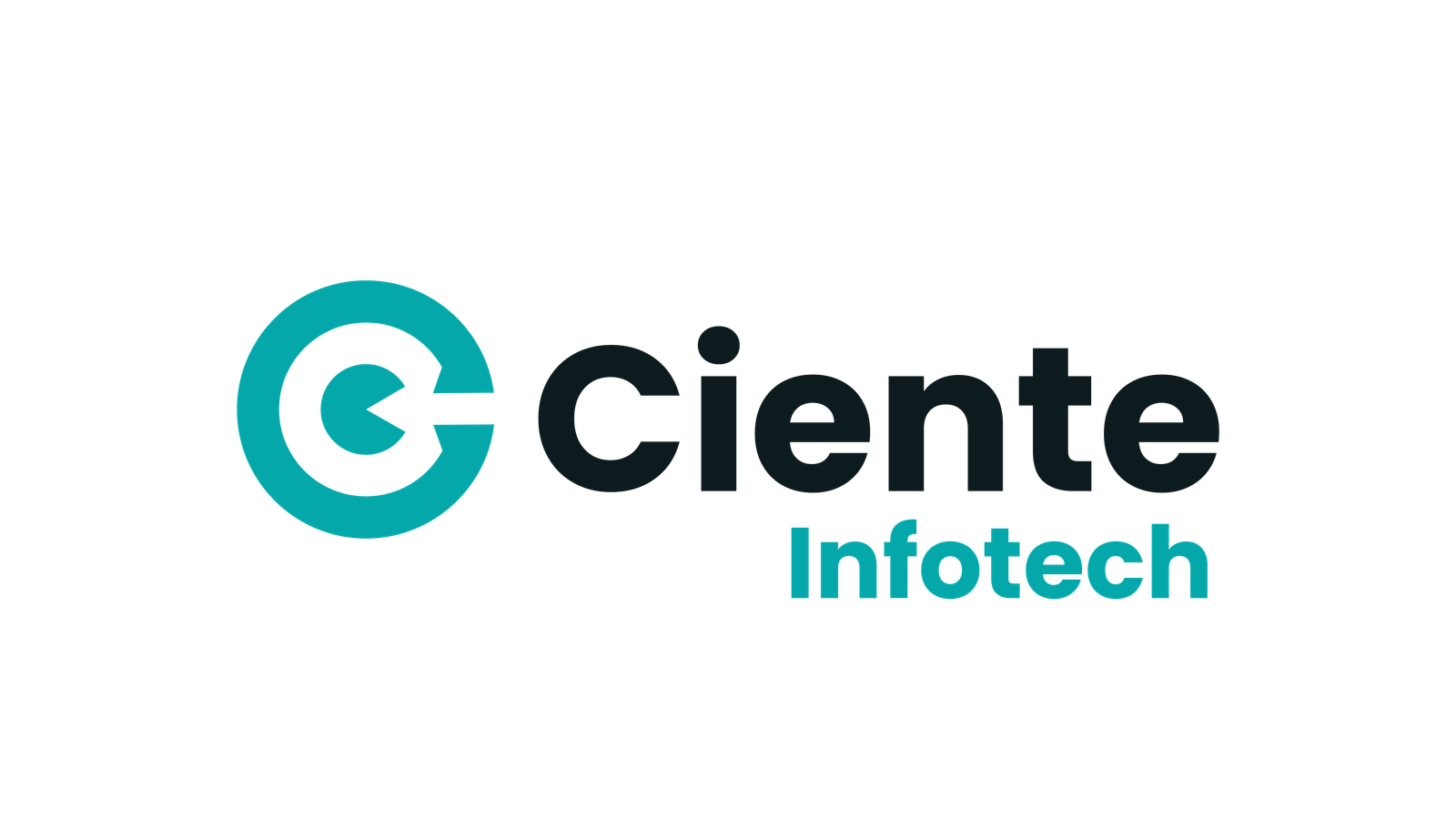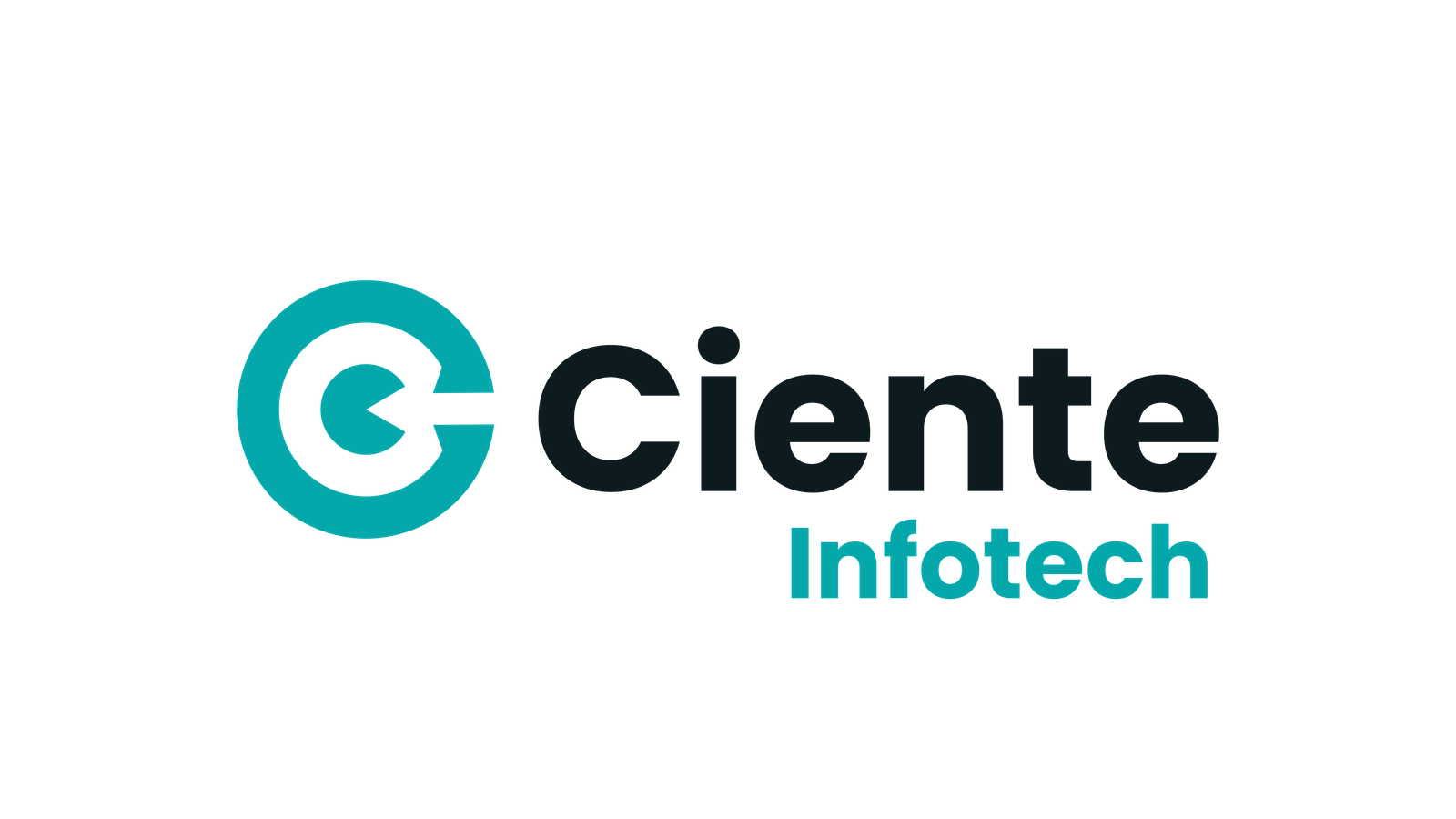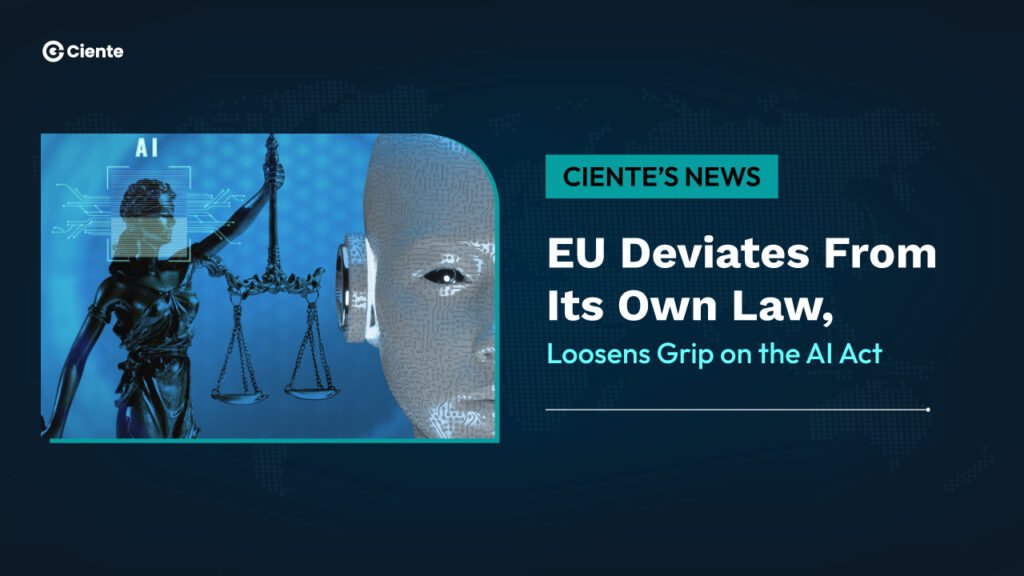The EU’s ironclad prohibition on risky AI systems was foreseen and long-awaited, making it the world’s first AI law. This AI Act was introduced to mitigate the risks AI systems generally pose to human rights.
Since then, something has changed in the EU. Recently, during the AI Summit in Paris, the French President promised differently. Macron announced that the EU is cutting back on its recent AI curtail.
Why is Europe introducing a sudden change of mind? First, a simple reason – to urge investments and realign themselves in a relatively business-friendly way. And second, a significant step ahead – to establish France as the 3rd AI superpower behind the USA and China.
This has set in stone the extent to which Europe’s productivity relies on this modern tech. Losing the rope on the previous ban is a strategic move for France.
A pressing question arises – will it be simple for Europe to undo its footprints? The French President Emmanuel Macron proposes a Notre Dame approach.
Citing the example of the great Notre Dame, Macron urges the audience to remember how the structure stands tall even after perishing in a disastrous fire. A simple regulation empowered the Gothic structure to be rebuilt at unprecedented speed.
There is a realization to flag here – AI systems and the future of their employment remain ambiguous. This innovation has to align with sustainable practices to safeguard interests and rights in the long run. Because this modern tech is here to settle down with us.
With an increasing number of startups and tech giants investing in AI data centers, there will be a potential surge in AI-centric projects across the globe. But have the leaders thought this through?
Who are these projects actually set to benefit? The public or those with vested interests. Spotlighting the real deal is complicated. Every AI project undertaken under the label of public interest could effortlessly be monopolized.



